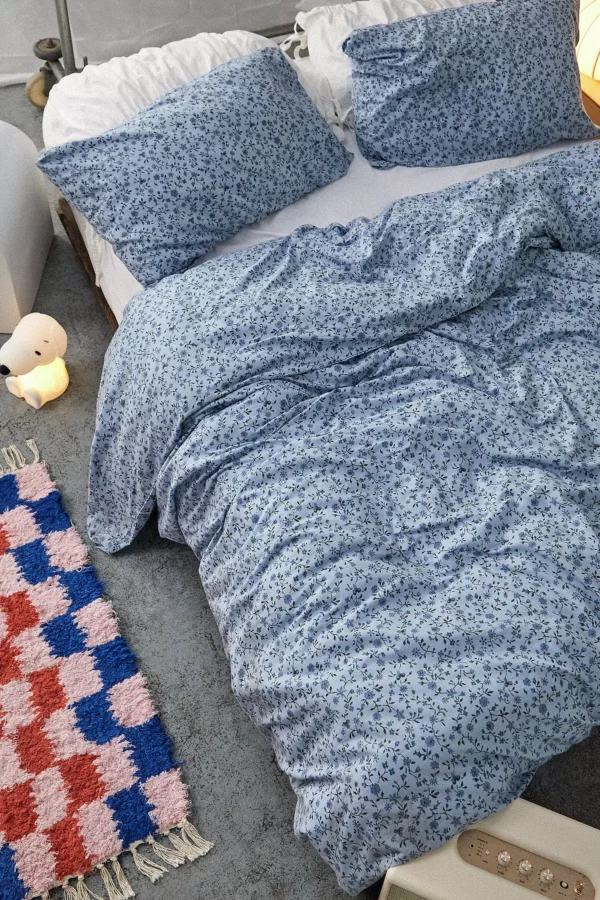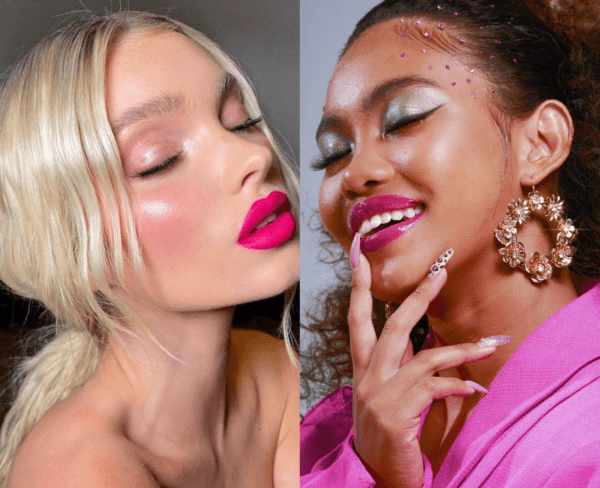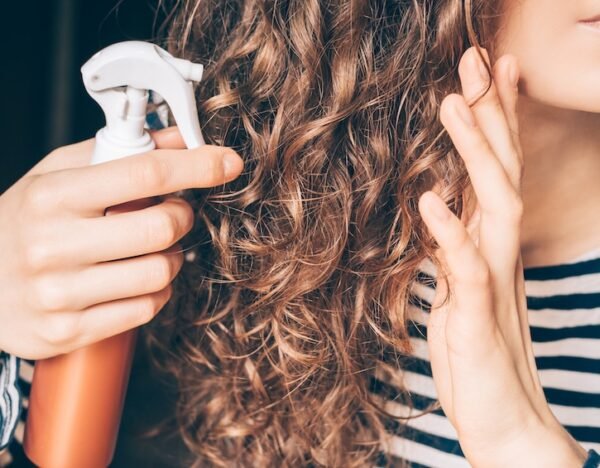
How to Humidity Proof Your Hair
Google searches for “fix frizzy hair” has seen a massive 6,300% uplift in the last few weeks, after record-breaking temperatures and thundery downpours, which notoriously cause and worsen frizz-prone hair. With more heatwaves set to occur towards the end of summer, stylist Lynn Chambers and trend writer Brenda Lee Intignano from Cliphair reveal how to humidity-proof your hair.

Why does humidity cause frizz?
In humid weather your hair’s cuticles become rough, leaving your strands open to absorbing excess moisture from the air. Humid air has a high concentration of water molecules, which then bind to the outer layer of hair and result in frizz. Generally speaking, dry and damaged hair is more prone to frizzing, as this hair type struggles with retaining moisture. However, all hair types can frizz in humid conditions.
It’s not just humid weather, however, that causes frizz. Firstly, curly hair is naturally more prone to crinkly flyaways than straight hair, as the natural oils produced by your scalp can’t travel down the hair shaft as well as they can on straight hair. This results in drier hair, which is more susceptible to this inconvenient condition.
In addition, over-using hot styling tools and harsh hair products both contribute to frizz as they strip the hair of its natural oils.
How to prevent frizz, especially in humid conditions?
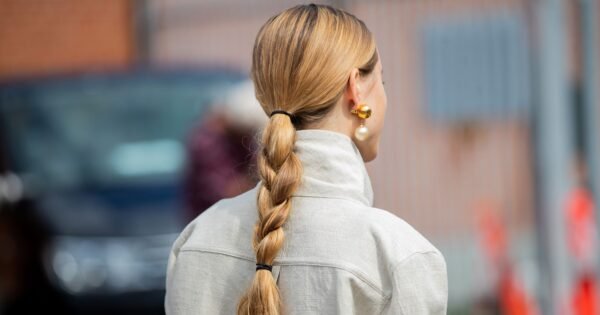
While it is impossible to control the humidity levels of the air, there are products you can use and techniques you can implement into your routine to help reduce and prevent frizz.
Dry hair effectively
Instead of using a normal bath towel to dry your hair, use a microfibre towel. Microfibre towels are gentler, so won’t tangle or snag the hair. They also absorb more water without causing excessive dryness and reduce the chance of breakage. You should also avoid rubbing towels on your hair to dry and instead pat hair dry gently to prevent causing damage.
Experiment with styles
In humid weather, you should avoid leaving your hair down completely, as this style will encourage hair to frizz.
Pulling your hair up and away from your face, neck or shoulders will help prevent frizz and can be done in numerous ways.
From braids and buns to ponytails, there are numerous styles to try. Scrunchies and claw-clips are all the rage when it comes to hair accessories, so you can protect your hair whilst looking trendy.
Choose your products wisely
More on this below, but you should be wary when choosing which products to use in your routine. Look for products that help retain moisture, are full of natural ingredients and oils and don’t dry out the hair. Warmer weather means hair needs much more moisture than otherwise to prevent frizz and hair from breaking.
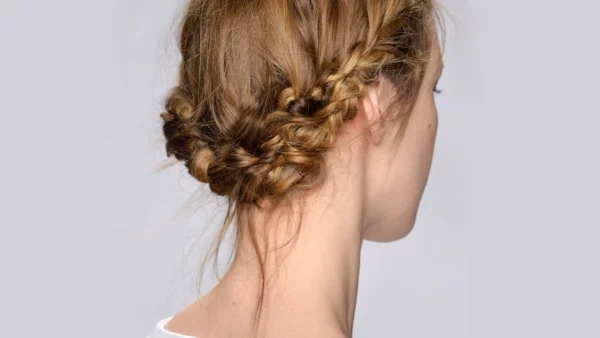
Ingredients to look out for:
If you want to steer clear of harsh chemicals, numerous household items are natural and effective in adding moisture to hair and reducing the chance of frizz. Honey, coconut oil and even avocado all go a long way to preventing dryness.
When buying products, you should look at its ingredient list and only choose products that boast nourishing ingredients, that boost moisture levels.
Oils are a good example of this, so look out for products containing oils such as macadamia nut and jojoba. You should also look for products that have a low pH balance on their labels, as these will keep moisture locking in.
Finally, you should look out for conditioners with humectants, emollients or conditioning agents that help retain moisture. Examples of these are:
– Glycerine – a natural compound derived from vegetable oils or animal fats.
– Glyceryl stearate – helps form a protective barrier on the hair to prevent moisture loss, while softening hair.
– Propylene glycol – helps skin and hair absorb and retain moisture.
Ingredients to avoid:
Unfortunately, lots of high street and drug store hair products contain high levels of chemicals, so it is imperative to check the ingredients before purchasing. Any products with sulphates, silicones or parabens should be avoided.
Sulphates are cleansing agents that are used to get rid of oil, dirt, and debris in the hair. As they can be quite tough, they are known to strip hair of its essential moisture and damage the hair protein. Sulphate-free shampoos are better for hair, especially in humid weather, as they will help lock moisture in.
Silicones, although safe to apply to your hair, are best avoided too. Silicones create a film around your hair that prevents moisture from entering the hair cuticle, resulting in drier and rough feeling hair. This film also attracts dirt and causes a product build-up, meaning your hair will need to be washed more frequently – something that will naturally cause your hair to dry out sooner.
Parabens are preservatives that are used to increase the shelf life of products. While this may seem positive, parabens are easily absorbed through your skin and are harmful to your scalp, resulting in several problems from dried-out hair, irritated scalp and even hair loss.
Finally, excessive hair dying, lightening, or bleaching with products that contain a high ammonia content, can dry out and damage the surface of the hair. This not only causes frizz but makes hair feel rough and lose its shine.


























